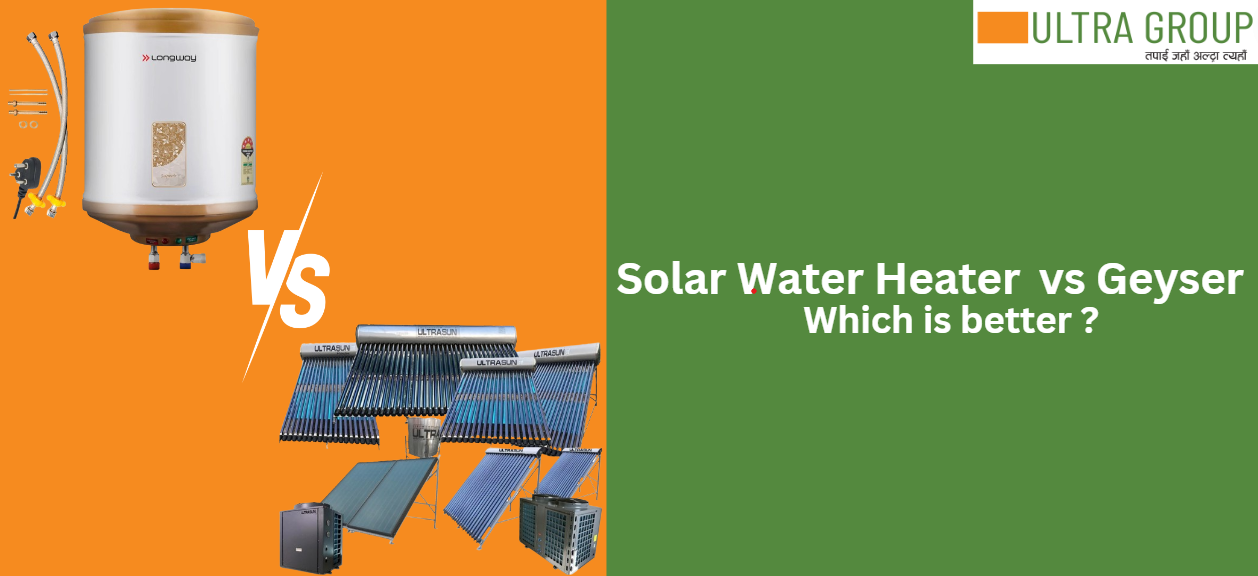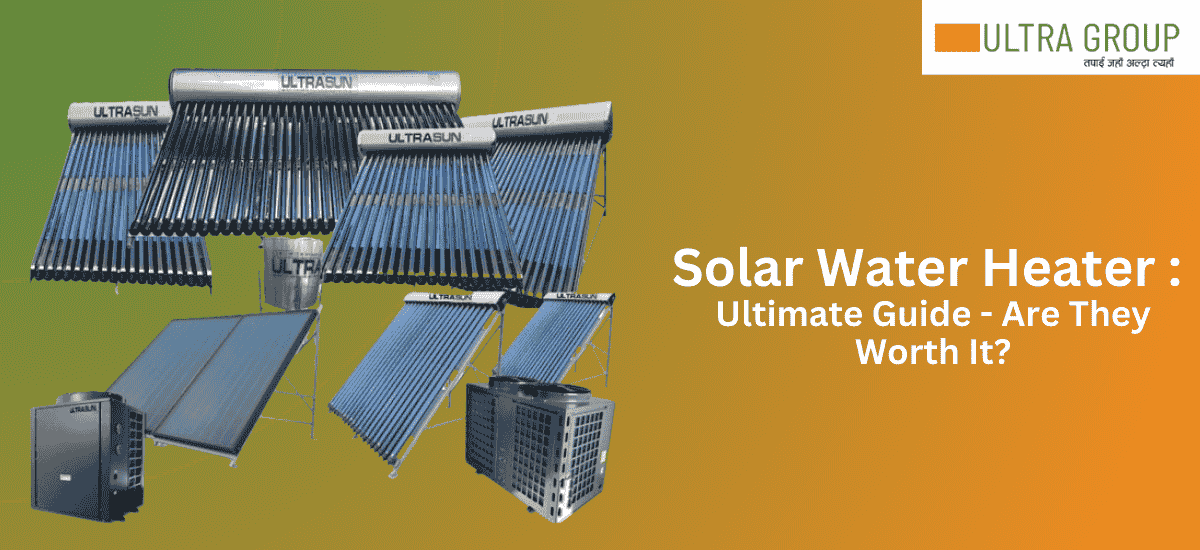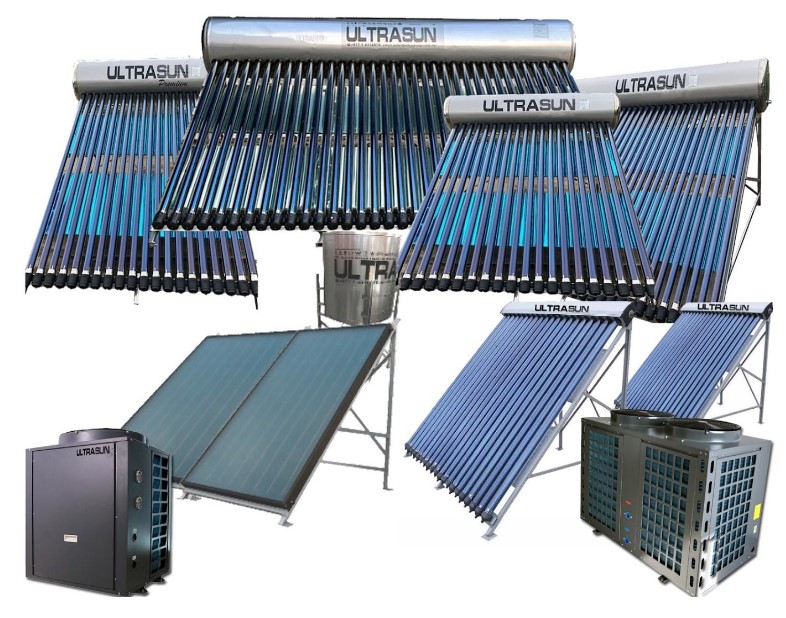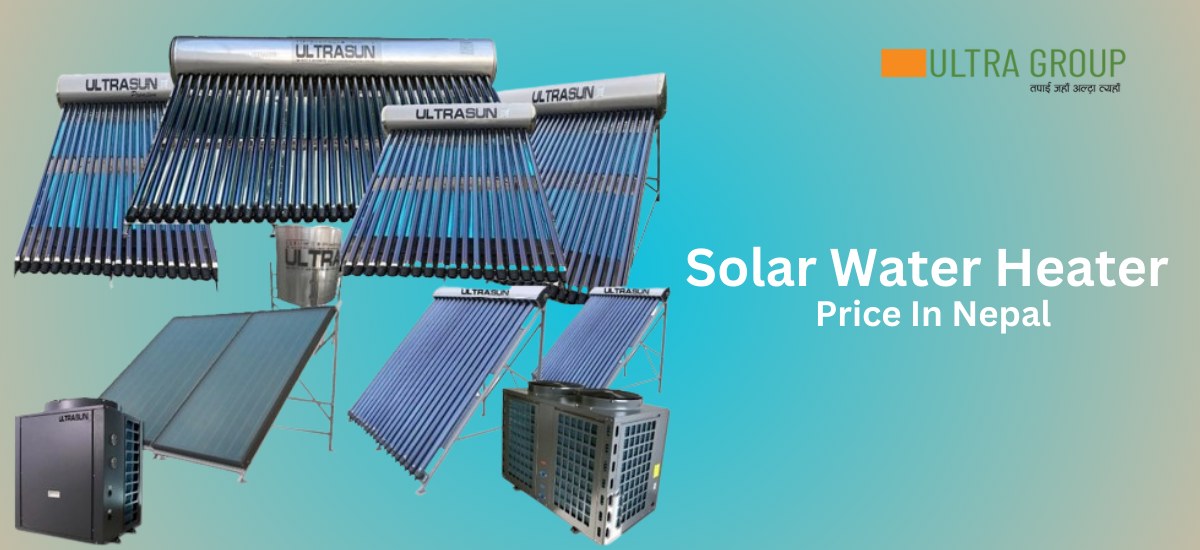Solar water heaters are A big step toward greener living. As the name implies, they heat water using sun radiation. It has two types: the Evacuated Tube Collector and the Flat Collector.
Electric geysers use electricity to heat water, as their name implies. They are very well-liked because of their effectiveness, safety, and ease. The best part about electric water heaters is their immediate hot water supply.
Selecting the appropriate water heating system is essential for the environment and your pocketbook in today’s environmentally concerned society. Electric geysers and solar water heaters are two common choices, each with advantages and disadvantages.
In today’s eco-aware world, selecting the proper water heating machine is essential for your pocket and the environment. Solar water warmers and electric-powered geysers are famous options, each with its own set of advantages and drawbacks.
Solar Water Heater vs Geyser – Which is better?
Choosing between a solar water heater and a traditional geyser can be challenging. Both have advantages and disadvantages.
This blog will help you understand each option’s differences, benefits, and potential downsides, enabling you to make an informed choice for your home.
What is a Geyser?
An electrical geyser is a type of water heater that heats water using electrical power. It is usually composed of a tank that holds water and heating components that allow the water to warm up when needed. Due to their ease of use and capacity to produce hot water on demand, electric geysers are frequently utilized.
What is a Solar Water Heater?
An solar water heater uses solar radiation as energy to heat water. It comprises a circulation system, a storage tank, and solar collectors. Over time, solar water heaters lower utility expenses and lessen dependency on fossil fuels, making them an environmentally responsible option.
Go Green with Ultra Group! Shop ULTRASUN Solar Water Heater Now.
Advantages and Disadvantages
Pros and Cons of Electric Geysers
Pros
- It is easy to install.
- It can be confined to small spaces, saving the expense of extra floor space.
- It is safe against explosions.
- It loses only 1% of stored heat per hour.
- It is safe against combustion.
- It produces no local emissions.
- It produces no carbon monoxide due to no combustion.
- It is easy to maintain.
Cons
- Expensive to operate.
- It takes some time to heat water.
- It has a flow rate.
- There is a potential danger of a short circuit or a fuse blow-off.
- Increased utility bills.
Pros and Cons of Solar Water Heaters
Pros
- It reduces utility bills.
- It is eco-friendly.
- In certain places, the government will compensate users for producing their own heat energy using renewable resources (the sun).
- Water is also heated on cloudy days, as the heater uses diffused energy in the atmosphere to heat the water.
- Solar heaters are easy to install and require very little maintenance.
- Hot Water is available even during power cuts.
- They are efficient, converting about 80% of radiation into heat energy.
- They are more suitable for larger families.
Cons
- It has a tedious installation process.
- Need extra rooftop area to put in a sun water heater
- Working of sun warmers relies upon the availability of sunlight
- Needs annual maintenance
- No longer supply warm water across the year. Therefore, backup is important on cloudy days.
Durability and Maintenance of Solar Water Heaters vs. Electric Geysers
Solar Water Heaters
- In order to preserve efficiency, solar panels must be cleaned on a regular basis.
- Not as prone to scale accumulation as electric geysers.
- Typically, they require fewer mechanical parts and have a longer lifespan.
Electric Geysers:
- May require periodic replacement of electrical components.
- Routine maintenance is required to avoid corrosion and scaling.
- Usually have a shorter lifespan than water heaters powered by the sun.
Can Geysers be better than Solar Water Heaters?
Electric geysers might occasionally be a better option based on the particular demands and conditions of a family, even if solar water heaters provide obvious financial and environmental benefits. For instance, electric geysers might be more dependable in regions with little sunlight.
Go Green with Ultra Group! Shop ULTRASUN Heat Tube Now.
Practical Considerations for Nepalese Homes
Suitability for the Nepalese Climate
The Terai region of Nepal enjoys hot, humid weather, whereas the country’s alpine regions see cold, dry weather. Electric geysers might be more dependable in places with less continuous sunlight. Still, solar water heaters work best in areas with lots of sunshine.
Recommendations Based on Home Size and Usage
Small Homes: Electric geysers may be more practical because of their smaller size and lower starting cost.
Large Homes: Solar water heaters are the best option for homes with high hot water consumption because they can save significant money over time.
Seasonal Use: Because electric geysers run on demand, they may be more practical for seasonal use, such as in vacation homes.
Find your best choice for Ultra Sun Solar Water Heaters:
> ULTRASUN Evacuated Tube Technology
> ULTRASUN Pressurized Water Heating System
> ULTRASUN Manifold Solar Water Heating System
> ULTRASUN Flat Plate Technology
> ULTRASUN Heat Tube
Conclusion
Electric geysers and solar water heaters each offer benefits and cons. The optimal option is determined by your unique requirements, environmental concerns, and budgetary constraints. By weighing the advantages and disadvantages and taking into account variables like household size and climate, you can make a well-informed selection that fits your values and lifestyle.
A solar water heater is a preferable choice for long-term financial savings and ecological advantages. Conversely, a geyser can be more appropriate if you value reduced startup expenses and dependable performance regardless of the weather.
Each approach has advantages over the other, and each household will have a different optimal option. To select the best choice, take your budget, local climate, environmental concerns, and available space into consideration.
Suggested Read:
> Difference Between ETC and FPC Solar Water Heater
> Solar Water Heater Price in Nepal
FAQs:
The answer is definitely yes, given that solar water heaters don’t use chemicals or release dangerous gasses that could pollute water.
Since solar water heaters are designed to heat water for bathing and cleaning, it is usually advised not to drink the water from them.
If both the geyser and the water are kept in good condition to avoid contamination, drinking water from electric geysers can be consumed.
Depending on the insulation and the outside temperature, the water in a solar water heater can stay hot for several hours.
Top manufacturers of solar water heaters in Nepal are Ultra Group , V-Guard, Heliodyne, and Rheem.
Solar water heater prices in Nepal start from the range of NPR 65000 to NPR 126000 or more in Nepal according to its brand type, capacity and its features.




